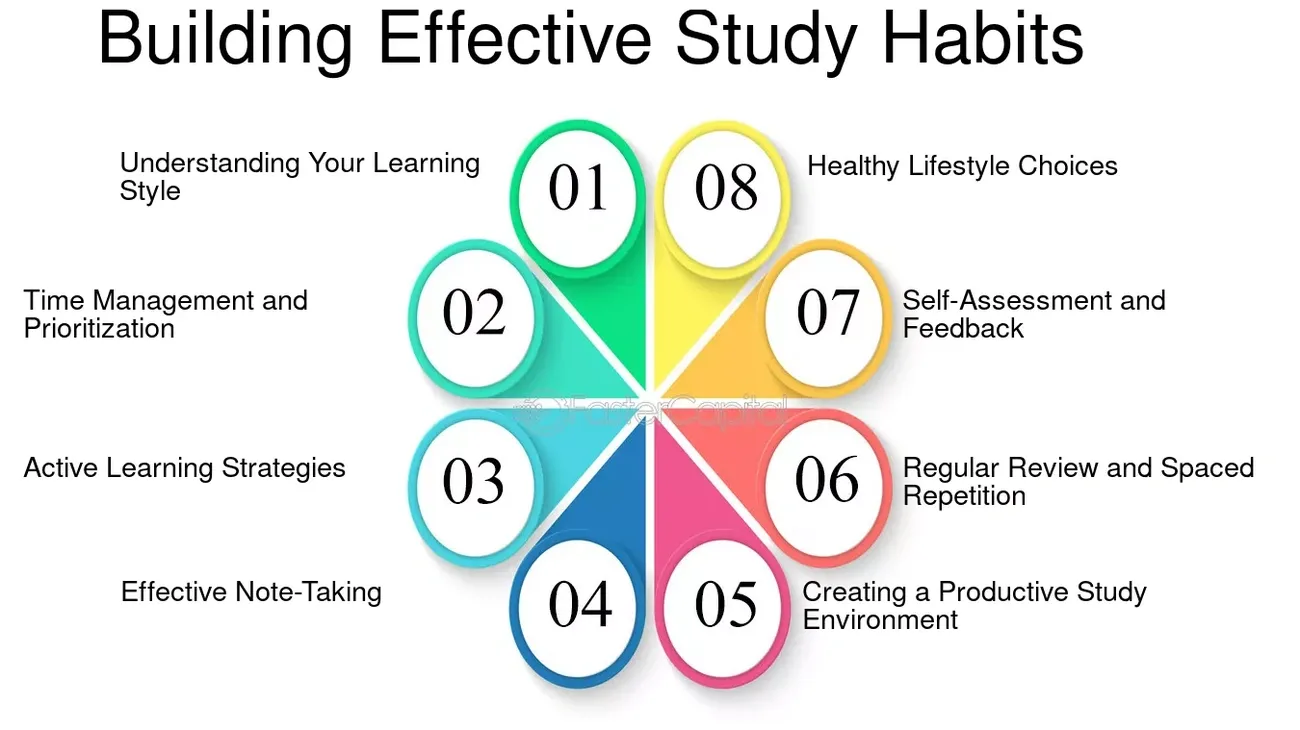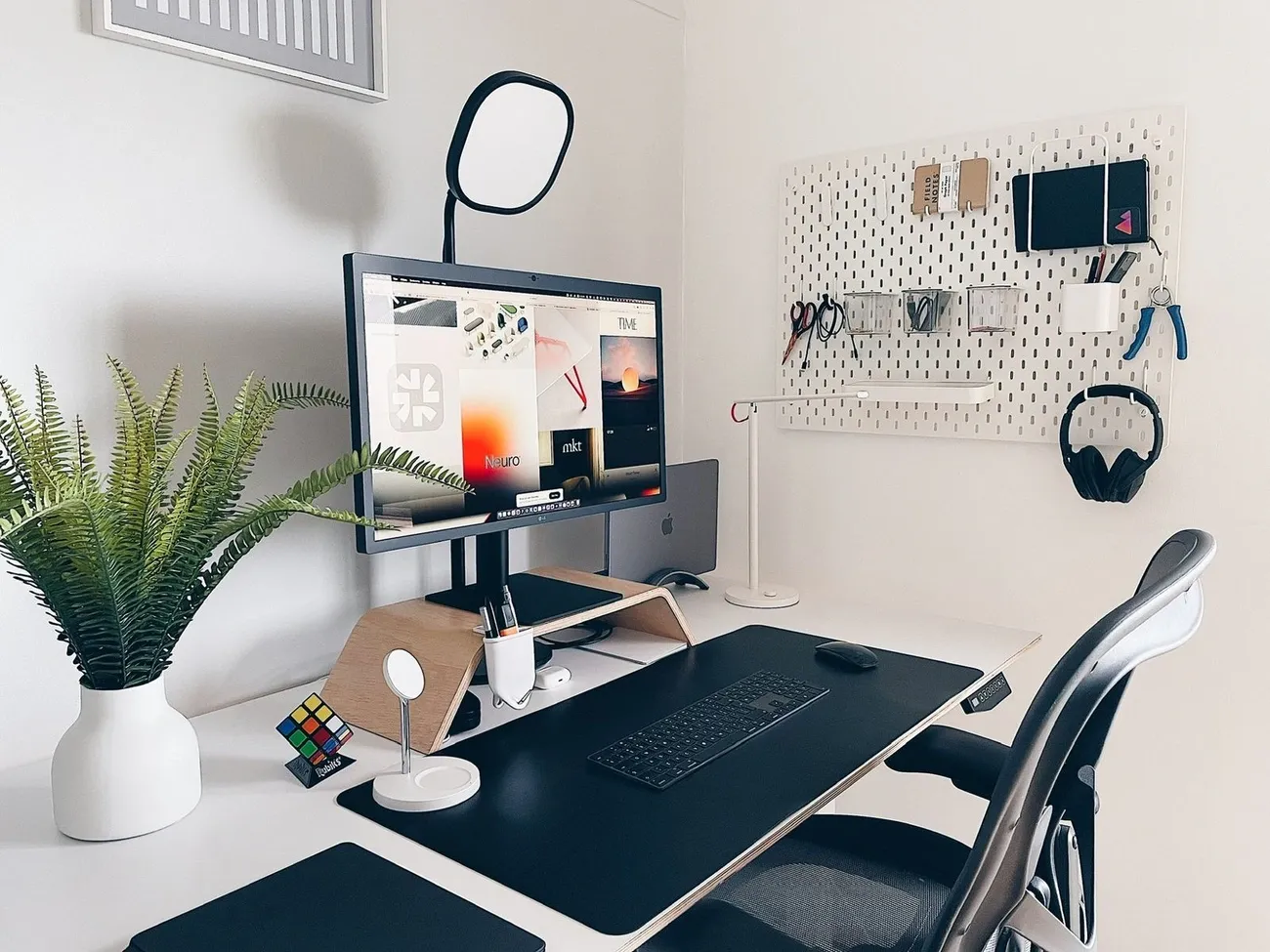How to Create a Study Schedule That Actually Works: Secrets from A+ Students
Your study schedule keeps falling apart even with good intentions? Time management is a vital skill students need to become skilled at.
Research shows that short, regular study sessions work better than marathon cramming. A focused 20-30 minute daily study routine can boost your retention and help you stay relaxed during exams. Students who succeed tend to break their work into smaller chunks instead of pulling all-nighters before tests.
The magic happens when you build consistent study habits. Your brain adapts to studying at fixed times each day and week until it becomes second nature. One hour right after class packs more value than several hours of studying days later. This piece shares battle-tested techniques and practical tips to create a study schedule that matches your lifestyle and sticks. You’ll stop wishing for extra hours and make better use of your time.
Build Habits That Stick

Image Source: FasterCapital
Good study routines are the foundations of academic success. Building helpful habits takes dedication but pays off big time once they become second nature. Let’s look at four proven practices that successful students use every day.
Study at the same time each day
A regular study schedule turns studying from something you dread into just another part of your day. Daily study sessions at fixed times help you get mentally and emotionally prepared to learn. Your brain quickly adapts to this pattern and focuses better during these set times. Block specific time slots in your calendar weekly and treat them like important meetings with yourself.
Start with your hardest subject first
Your mind works best when it’s fresh, so tackle your toughest subject first. The rest of your subjects will feel easier to handle once you’ve finished the hard stuff. This method helps you learn better and boosts your grades. Starting with challenging material also stops you from putting off difficult topics.
Set a goal for each session
Random studying wastes time. Each study session needs a clear, doable goal that fits your academic plans. Don’t just say “I’ll study chemistry” – be specific like “learn the periodic table section” or “solve practice problems 1-10.” Big tasks feel less scary when you break them into smaller goals. You’ll feel great checking off these goals one by one.
Review notes before starting
Take time to review your notes before jumping into assignments or study sessions. This quick review refreshes your memory and puts new material in context. Regular note reviews help lock information in your brain and show links between ideas you might have missed in class. You’ll spot gaps in your knowledge early and fix them right away. This habit keeps material fresh in your mind and saves you from cramming before tests.
These four basic habits will help you create a study routine that sticks. You’ll remember more, stress less, and feel more confident about your academic work.
Design a Personalized Study Schedule
Let’s create a well-laid-out plan to put these study habits into action. Research shows that students who plan their time carefully get better test scores and work faster. Your study schedule will guide you toward academic success.
Use a planner or digital calendar
The right planning tool will help you organize your academic work. You can pick between a paper planner or digital calendar – what counts is using it every day. Google Calendar, Outlook, and student apps sync across your devices, making your schedule available anywhere. Look for tools that match what you need – some are great for visual planning while others work better with your other apps.
Plan weekly and daily tasks
Take 30-60 minutes each week to check upcoming assignments and map out study sessions. This weekly check helps you spot busy times and spread out your workload. Break big projects into smaller daily tasks with realistic deadlines. Note that people often underestimate task duration – double your original time estimate to stay safe.
Include buffer time for unexpected events
Buffer time protects your schedule from surprises. Add 10-15% extra time to your estimated task duration. This extra time helps in two ways: it handles unexpected problems and keeps stress away when things take longer. Leave some open blocks each week to catch up on any work that falls behind.
Create a routine that fits your lifestyle
Your study schedule should match your priorities and situation. Think over your peak concentration hours – do you work better in the morning or evening? Put your toughest work during these best hours. Factor in your current commitments and build study time around them. Studies show that taking regular breaks and downtime boosts overall productivity. A good schedule balances your academic work with personal life.
Optimize Your Study Environment

Image Source: Maker Stations
The space around you can affect your learning by a lot. Students who study in positive learning environments show better motivation and they get more involved in their work. Their overall learning improves too.
Find your ideal study location
Your best study spot comes down to your priorities and habits. Think about whether you work better with background noise or silence, with others or by yourself, and in places you know or new ones. Libraries have quiet study areas with fewer things to distract you. Many students say cafés give them just enough background buzz to stay focused. Natural outdoor spaces help reduce stress and boost your energy. These spots work best for lighter tasks without tight deadlines.
Minimize distractions
Your study sessions can get thrown off track by outside and inside distractions:
- External distractions: Turn off your device notifications and keep phones away from reach. Put up a sign to let others know you’re working if you can. Clean your space before you start – research shows you’ll feel more motivated and focused in a tidy area.
- Internal distractions: Keep paper handy to write down random thoughts that pop up. This lets you set them aside and get back to work. Keep snacks and water nearby since your brain needs plenty of energy to learn.
Switch locations if needed
Moving to different study spots now and then can boost long-term retention. Each new place brings its own mix of smells, sounds, and sights. These differences create more ways for your brain to remember information later. Studying in new places also teaches you how to tune out strange noises and other distractions.
Use music or silence based on preference
Studies about music during study time show mixed results. Students find instrumental music less distracting than songs with lyrics. If music helps you study, keep it quiet in the background. Stay away from songs that bring up strong emotions – they’ll pull your focus away. Remember that everyone’s different – some students need complete quiet, while others do better with some background noise.
Stay Motivated and Accountable
Building good study habits takes constant work. The good news? You don’t need to do it all by yourself—peer support can make a huge difference in your academic trip.
Join or form a study group
Study groups give you built-in accountability that can substantially boost your drive to learn. Studies show that students in study groups understand material better through discussions and feel more comfortable to ask questions. The psychology of mimicry also suggests you’ll focus better when you’re around others who study hard.
Your study group works best when it stays small (3-5 people). Larger groups become hard to manage and might distract you. It also helps to set regular meeting times and clear expectations for everyone involved.
Create accountability partnerships
You don’t need a formal study group to stay on track. A study buddy can help you stick to your plans. But picking the right partner makes all the difference—look for someone who shares your drive and values.
Teaching others the material can work too. This method helps you learn better because you must break down complex ideas into simple terms. Your “students'” questions will push you to think deeper about the topic.
Whatever method you pick to stay accountable, studying doesn’t have to be something you do alone. Social connections make studying more fun and boost your learning through shared knowledge and support from others.
